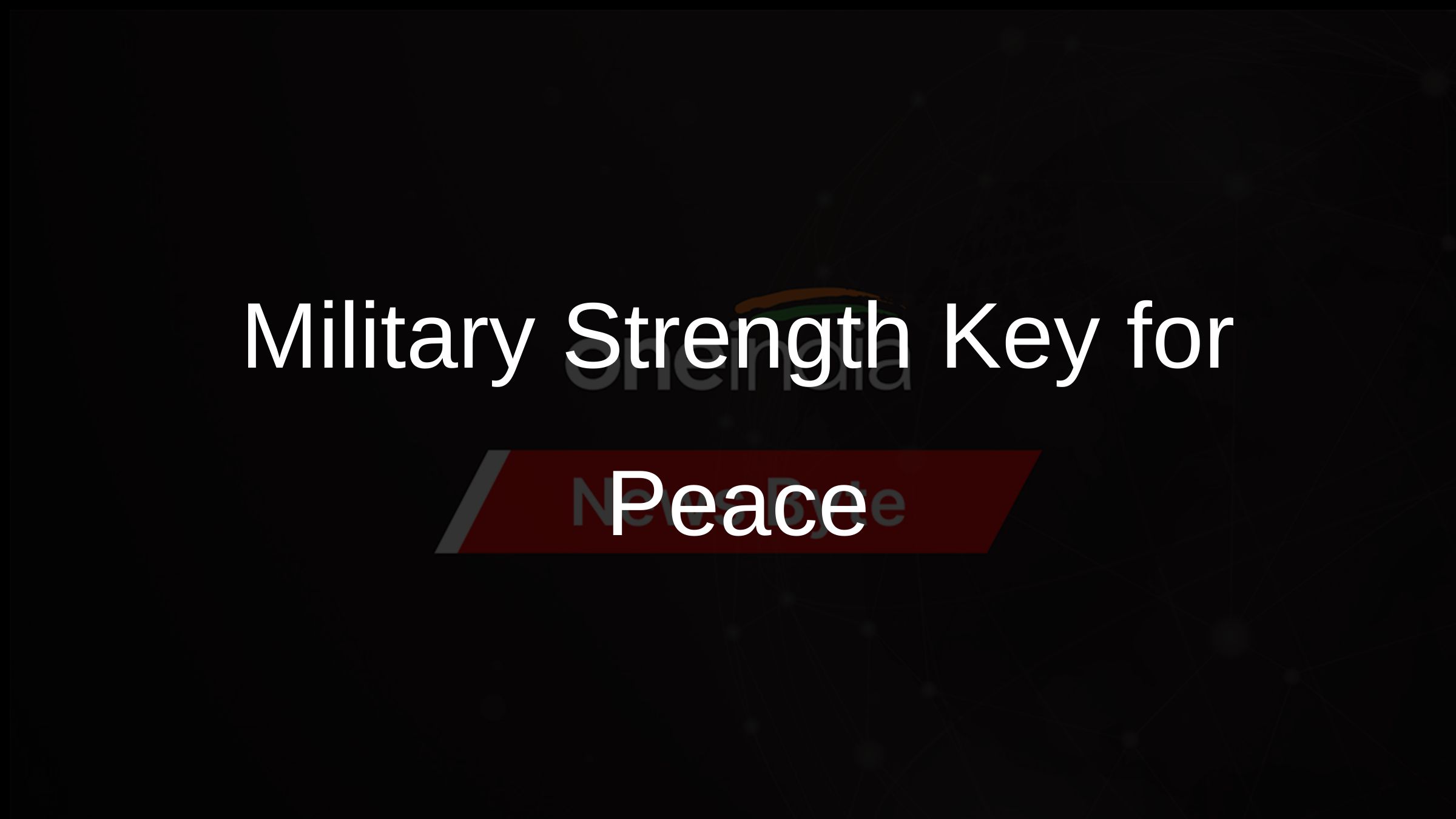
Google's web page ranking algorithm can detect critical species in ecosystems
Washington, September 4 (ANI): Google has developed an algorithm for ranking web-pages, which can be used to determine which species are critical for sustaining ecosystems.
The algorithm, known as "PageRank", can be applied to the study of food webs, the complex networks describing who eats whom in an ecosystem, according to Drs. Stefano Allesina and Mercedes Pascual, researchers based at the National Center for Ecological Analysis and Synthesis at the University of California, Santa Barbara and at the University of Michigan.
The researchers have adapted the PageRank algorithm, which efficiently ranks web-pages according to search criteria, for ecological purposes.
In a world of ever greater human-generated change, there is a need to forecast the impact of species extinctions on ecosystems.
This presents challenges, as every species is embedded in a complex network of relationships with others: a single extinction can cascade in further and seemingly unrelated species' loss.
Furthering the problem, there are too many extinction scenarios to investigate, as even for simple ecosystems the number of possibilities exceeds the number of atoms in the universe.
Using the PageRank method, Allesina and Pascual identify the set of species which are most critical for maintaining ecosystem functioning.
The method identifies the species of maximum importance by determining which extinctions lead to the fastest ecosystem collapse.
PageRank assigns importance to web-pages according to the rule "a page is important if important pages point to it".
This circular method of ranking, which can be solved through a clever application of college-level algebra, is key to the process of identifying critical species.
Although this approach would seem inappropriate, as food webs are not truly circular, the researchers introduce an ecologically-sound way to make food webs circular by adding an artificial species, representing the recycling of nutrients from all dead organisms back towards the plants that form the base of food webs.
The researchers hope that this method will be applied far beyond ecology to solve critical problems in other network-related biological fields, such as in protein interaction and gene regulation. (ANI)


 Click it and Unblock the Notifications
Click it and Unblock the Notifications
















